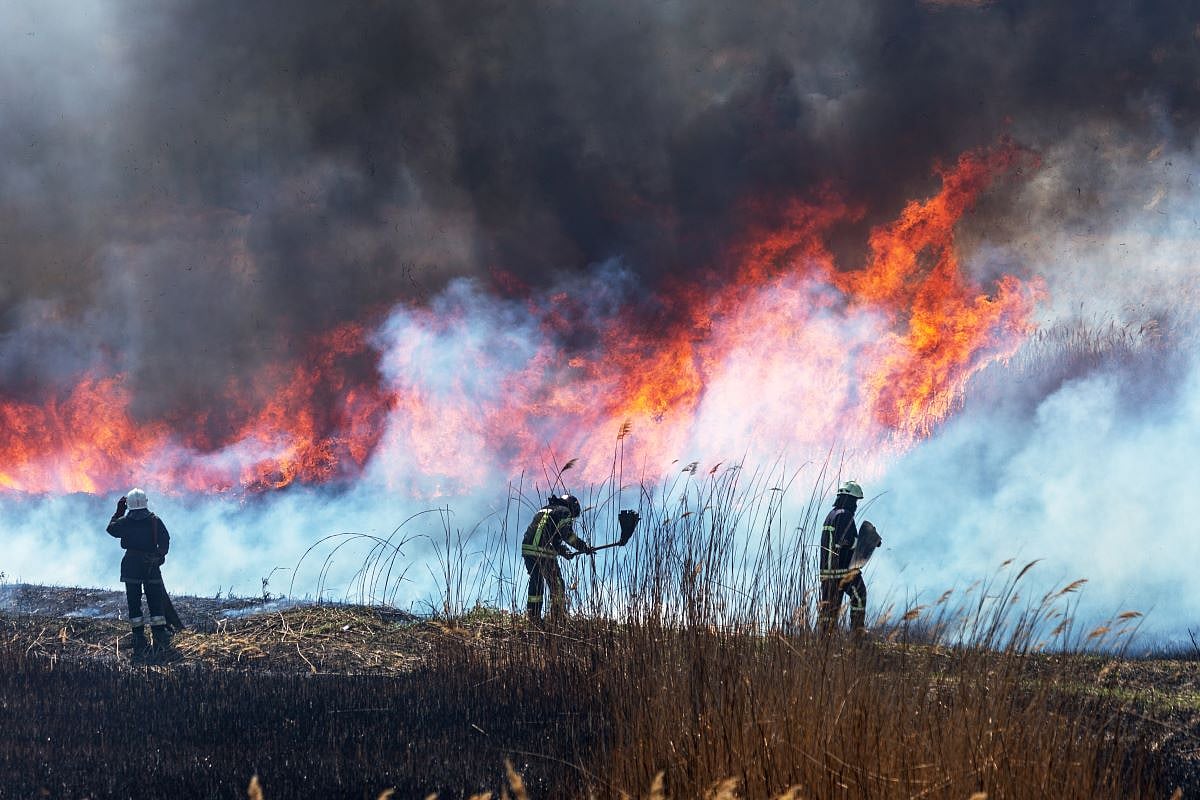Due to a recent change of our website, the process for submitting refill requests online has now changed.
Please click on “Sign Up Today!†to create a new account, and be sure to download our NEW Mobile app!
Thank you for your patience during this transition
Get Healthy!

- Dennis Thompson
- Posted August 6, 2024
How Wildfire Smoke Could Be Harming Surgical Patients
Wildfire smoke could interfere with the safety of surgeries, a new study warns.
Inhaling the smoke could complicate the effects of anesthesia on surgical patients, and it also might hamper their recovery, researchers reported Aug. 6 in the journal Anesthesiology.
“Wildfire smoke poses significant health risks, particularly in people with preexisting heart and lung disease, obese patients, infants and young children, and other vulnerable groups,†said senior researcher Dr. Vijay Krishnamoorthy, chief of critical care medicine at Duke University School of Medicine in Durham, N.C.
"At a time of rising global exposure, anesthesiologists need to be equipped to manage the potential adverse effects of wildfire smoke exposure" on patient outcomes, Krishnamoorthy added in a journal news release.
Nearly 100 wildfires are currently raging across the United States, burning more than 2 million acres, researchers noted.
Wildfire smoke contains a complex mix of fine particles and chemicals that, when inhaled, enter the circulatory system. Organs like the heart and lungs can be damaged as a result, researchers said.
The inhaled particles produce inflammation, damage the lining of blood vessels and cause clotting abnormalities in smaller blood vessels, they added.
Exposure to such particle pollution also increases the risk of heart attack, heart rhythm problems, heart failure and stroke, they noted.
All these factors lead to increased rates of complications among patients undergoing surgery, the researchers concluded.
For example, the risk of respiratory events under anesthesia is increased for young children with asthma symptoms during periods of poor air quality due to wildfire smoke, researchers noted.
“We hope our paper will inform anesthesia clinicians about the potential impact of wildfire smoke on patient outcomes, and the urgent need for information and action to better understand and manage these risks,†Krishnamoorthy said.
The new paper also calls for more research on the effects of wildfire smoke on anesthesia and surgery.
With more information, researchers might be able to adjust surgery times based on predicted levels of wildfire smoke pollution, to lower patients’ risk of complications, the study authors noted.
More information
The U.S. Environmental Protection Agency has more on the health concerns of wildfire smoke.
SOURCE: American Society of Anesthesiologists, news release, Aug. 6, 2024
